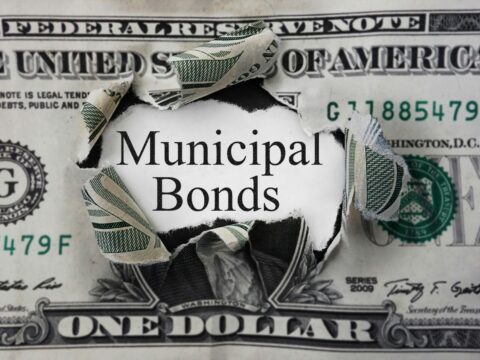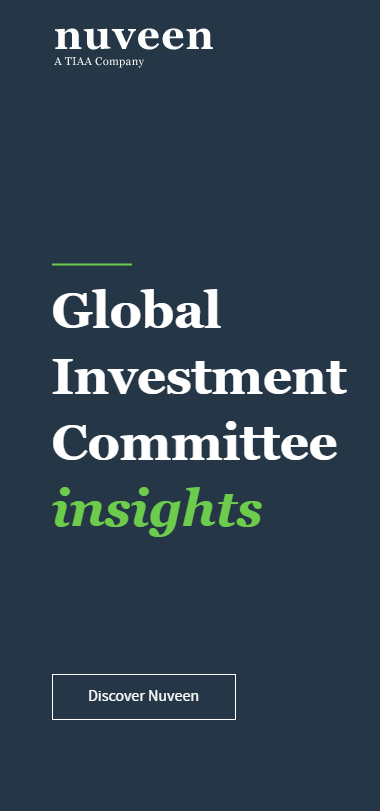
April 21, 2020 – A report by Morgan Stanley is being scrutinized by market participants and political staffers for concluding that the Payroll Protection Program (PPP) passed by Congress to assist small businesses is primarily benefiting large corporations.
The general contours of the PPP allow for loans of up to $10 million at a 1% interest rate. Based on a high-level term sheet, up to 75% of the loans can be forgiven provided monies are used for payroll purposes.
Based on Morgan Stanley’s analysis of public company filings, at least $240 million was disbursed to public companies, with 25% of recipients having market capitalizations of over $200 million.
As only a fraction of large firms is publicly traded, the prospect of such firms – including many hospitality businesses owned by private equity firms – crowding out mom-and-pop businesses is a foregone conclusion.
In a brazen display of brute efficiency, one firm – JP Morgan – originated $92 million. No other large cap banks even remotely tapped the PPP for public corporations to the extent JP Morgan did. The runner-up bank – PNC Bank – originated under $30 million.
As of Tuesday morning, the Senate is poised to pass a so-called “Stimulus 4 or Stimulus 3+” bill that will provide an additional $250-310 billion of funds to reopen the PPP, which ran out of funds last week.
Several House legislators led by Alexandria Ocasio-Cortez are threatening to vote against the legislation, on grounds the program favored large organizations instead of working-class Americans.
With no end in sight to state shutdowns and a rapidly-weakening (again) U.S. stock market, the amendment is likely to pass this week.
But the window for future Federal stimulus programs, especially those that have a whiff of corporate assistance (welfare, anyone?) is slowly but surely closing.
Contact Caren Moses at CMoses@buymuni.com.



